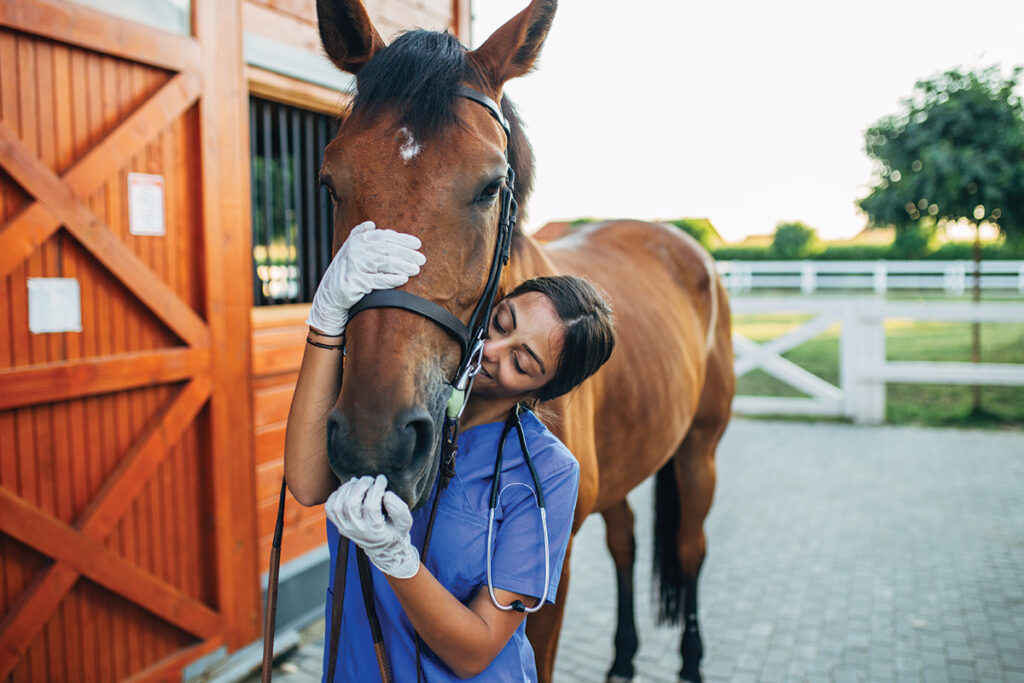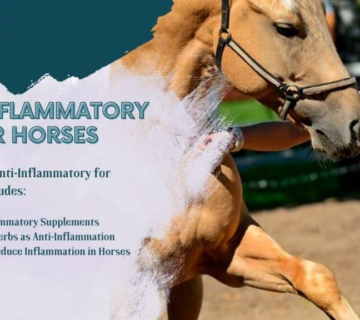Equine Veterinarian Medicine: Providing Expert Care for Your Horse’s Health
Introduction
We explore the nuances of giving your cherished horses the best possible care in this in-depth guide to Equine Veterinarian treatment. As seasoned experts in the area, we recognize the importance of preserving your horse’s health and wellbeing. We will cover a variety of equine veterinarian medical topics in this article, from routine maintenance to cutting-edge procedures, giving you the information and tools you need to keep your horse in top health. buy from our online shop
Equine Veterinarian Medicine’s Importance
Investing in appropriate veterinarian care is essential for your horse’s health. The field of equine veterinary medicine includes a wide range of procedures designed to maintain, improve, and restore the health of horses. Horses need specialist medical care because they are very specialized creatures to address their unique physiological and anatomical characteristics.
Equine Veterinarian Horse Preventive Care
Frequently Asked Questions
The health of your horse must be maintained through routine examinations. An equine veterinarian will evaluate a number of factors during routine exams, including vital signs, oral health, and body condition. These tests enable prompt actions, averting future difficulties, and early detection of potential health risks.
vaccinations and pest management
Immunizations are essential for defending your horse against illnesses that could be fatal. Equine vets give vaccines designed for your horse’s particular needs to ensure immunization from common equine diseases. Additionally, taking action to control parasites contributes to the general safety of your horse.
Typical Equine Veterinarian Health Issues
Deficiency and Musculoskeletal Conditions
Horse lameness is a common ailment that can have a variety of reasons, such as wounds, arthritis, or foot issues. X-rays and ultrasounds are just two of the many diagnostic techniques available in equine veterinary medicine for determining the root of lameness and creating a suitable treatment strategy.
respiratory conditions Equine Veterinarian
Equine asthma, allergies, infections, and other respiratory problems can have a serious negative effect on a horse’s performance and general health. Equine veterinarians are experts in identifying and treating respiratory conditions in horses, making sure that your horse gets the right care to reduce symptoms and enhance respiratory function. Cartrophen Vet
Equine Veterinarian health of the digestive system
Horses are susceptible to digestive problems including colic, which can be fatal if untreated. Equine veterinary practice places a strong emphasis on early diagnosis and successful treatment of gastrointestinal conditions to avoid complications and guarantee your horse’s digestive system is functioning at its best.
oral health
For your horse to be healthy and happy overall, proper dental care is essential. Regular dental checkups and procedures, such as tooth floating, assist preserve normal occlusion, reduce pain, and guarantee effective digestion.

Advanced Treatment and Diagnostic Options Equine Veterinarian
Equine veterinary care includes cutting-edge diagnostic and therapeutic alternatives that help horses with complicated health conditions achieve better results. Some of these choices consist of:
Imaging Diagnostics
Modern diagnostic imaging methods like computed tomography (CT) scans and magnetic resonance imaging (MRI) provide for thorough visualization of anatomical structures, assisting in the detection and accurate localization of interior injuries or abnormalities.
Equine Veterinarian Therapies for Regeneration
Horses with musculoskeletal injuries or degenerative disorders may benefit from regenerative therapies like stem cell therapy and platelet-rich plasma (PRP) therapies. These ground-breaking methods aid in tissue regeneration and repair, speeding up the healing process for horses.
Equine Veterinarian Surgery
Equine veterinarians are skilled in a variety of surgical techniques, from orthopedic interventions to colic surgery. These treatments are intended to manage complicated ailments and wounds and help horses regain their mobility and general functionality.
Selecting a Reliable Equine Veterinarian
For your horse’s health, it is essential that you choose a qualified and competent equine veterinarian. Take into account elements like their training, area of expertise, reputation, and accessibility to comprehensive services. To make sure you choose wisely, you could also read online reviews and ask other horse owners for recommendations.




No comment